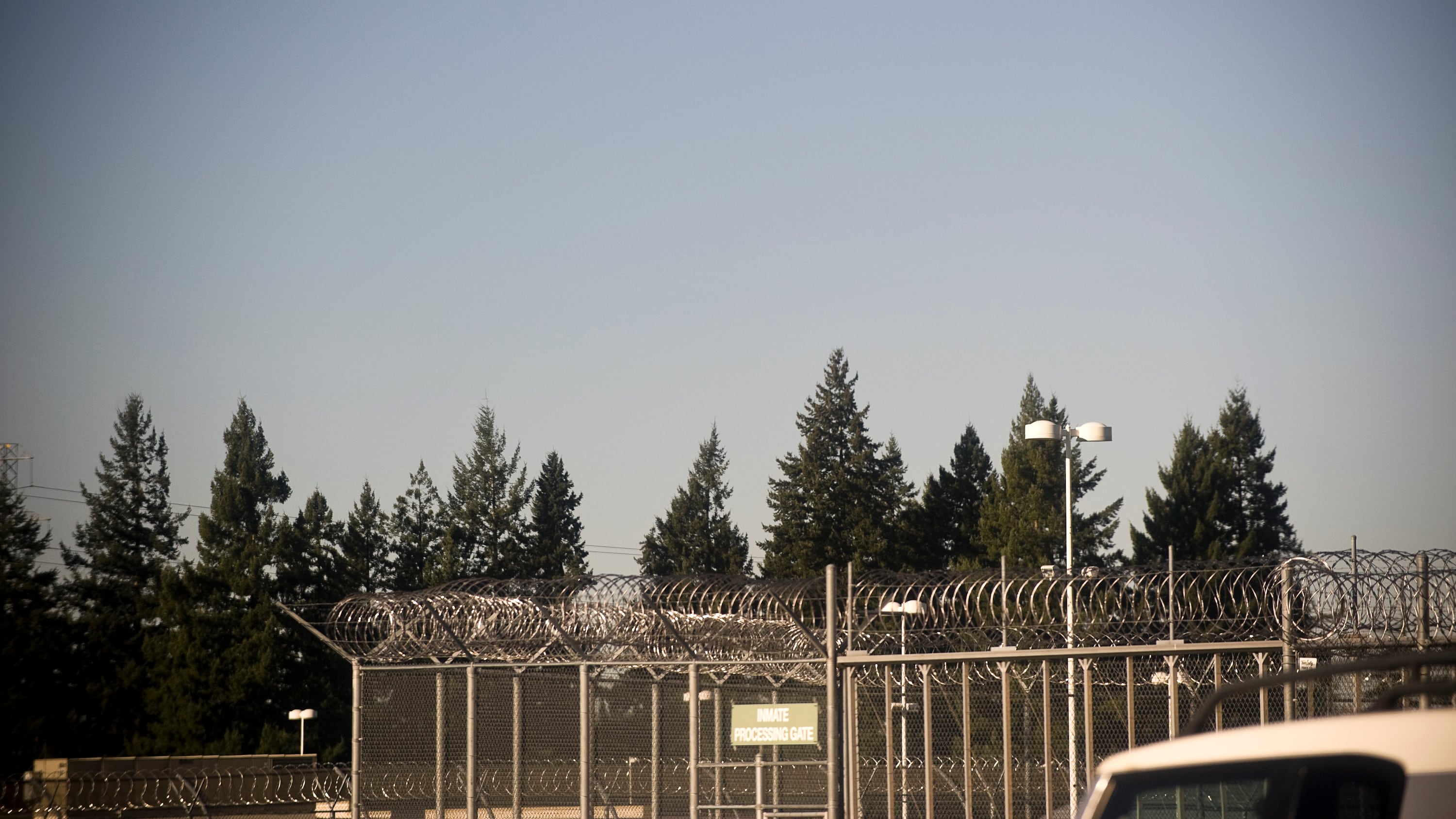The Oregon Department of Corrections announced on Thursday that it has suspended all in-person visits—including from attorneys—in the midst of the coronavirus outbreak for 30 days beginning March 13.
This includes non-contact visits where people speak to each other through glass.
The visitor ban includes visits between inmates and attorneys, parole officers, probation officers, family, and friends, according to Jennifer Black, a spokeswoman for the department. The department also suspended visits from contractors who provide education to those who are incarcerated, Black said.
Inmates will be able to have phone calls or video conferencing with attorneys, Black said. These two modes of communication are already in place, she said, and they will be available immediately.
"All of us at the Oregon Department of Corrections value visiting and especially the connections that visiting affords to family and friends," Colette Peters, ODOC director, said in a statement. "However, during this State of Emergency, it is critical we take appropriate precautions necessary to protect our employees and those in our care and custody."
Juan Chavez, and attorney with the Civil Rights Project who often represents people who are incarcerated, told WW he understands the decision to protect vulnerable people who are incarcerated, but he is concerned about communication.
"That's not an adequate substitute, and what you're doing is you're shutting out people in the court, the lawyers. That's very troubling to me," Chavez said. "The safest means to communicate with your client is person-to-person. Through any electronic medium, there's always a risk that someone is listening in."
Aside from attorney-client-privilege, Chavez said, the suspension of visits from friends or family could be particularly difficult.
"Often human contact is extremely important when you're in consistent confinement," Chavez said. "It's gonna be hard to be under lockdown for 30 days."

